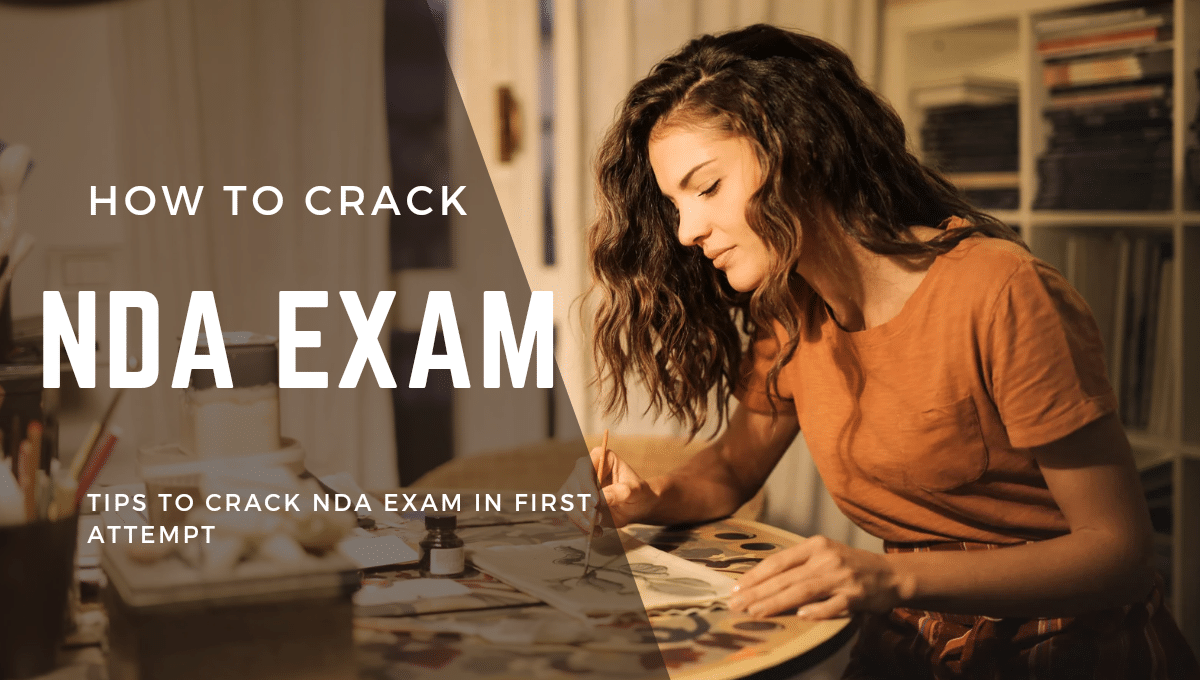ChatGPT is fed and trained with texts available on the internet. Authors like Jonathan Franzen and “Game of Thrones” novelist George R.R. Martin are claiming copyright infringement.A trade group representing United States writers has filed a class-action lawsuit against ChatGPT-maker OpenAI in federal court.
The suit, organized by the Authors Guild, was filed on behalf of more than a dozen best-selling authors, including Jonathan Franzen, John Grisham, Jodi Picoult, George Saunders and “Game of Thrones” novelist George R. R. Martin. It alleges OpenAI unlawfully used copyrighted works by those and other authors to train its generative artificial intelligence software.
The complaint is one of several currently pending against generative AI providers, including Facebook-owner Meta Platforms and Stability AI, which alleges their AI systems were trained by accessing and ingesting written copyrighted works without approval or appropriate financial compensation. The suit claims the company could have used books available in the public domain, or paid licensing fees to use copyrighted material. OpenAI and the other defendants claim their use of data scraped from the internet falls under US copyright law’s definition of fair use. But those companies are secretive about what datasets they use to train their AI systems, which work by gleaning information and then making statistical predictions based on that information and in response to a prompt from a human.
Generative AI imitates the voices of human authors In its suit, the Authors Guild describes in detail its allegations of how the company has violated copyright law, including that it used illegal repositories of pirated books to train its system to respond to human prompts. The papers filed cite the fact that ChatGPT can generate accurate summaries of books that would only be possible if it had access to the entire work. It can also generate outlines of sequels to books, using characters from existing works. And in the case of George R. R. Martin, ChatGPT has in fact been used to generate sequels to his best-selling books, although the author is working on his own sequels.
Writers face economic pressure from AI That highlights one of the main concerns described by the Authors Guild: “ChatGPT is being used to generate low-quality e-books, impersonating authors, and displacing human-authored books,” it states in the complaint. It also cites the example of author Jane Friedman, who discovered her name used on AI-generated “garbage books” for sale on Amazon. The lawsuit details the economic threats posed by generative AI, describing the plight of writers who have already lost a considerable amount of work due to clients switching to machine-generated content. It also quotes an analysis by Goldman Sachs estimating that “generative AI could replace 300 million full-time jobs in the near future, or one-fourth of the labor currently performed in the United States and Europe.” Loss of creativity and innovation In an Authors Guild statement regarding the lawsuit, its CEO Mary Rasenberger highlighted what is at stake on a less tangible level if human creativity and innovation are removed from creative output: “It is imperative that we stop this theft in its tracks or we will destroy our incredible literary culture, which feeds many other creative industries in the US. Great books are generally written by those who spend their careers and, indeed, their lives, learning and perfecting their crafts.
To preserve our literature, authors must have the ability to control if and how their works are used by generative AI.” Jonathan Franzen echoed the need for writers to be able to decide for themselves whether their work is used to train AI systems, and under what conditions, including financial compensation. The Authors Guild says that focusing on fiction writers in the class-action suit is a first step, and that a positive outcome would ultimately benefit writers of all genres. The use of AI and fair compensation for creatives is also a key issue in the ongoing strikes by Hollywood screenwriters and actors. Edited by: Elizabeth Grenier







Dry Cleaning in New York city by Sparkly Maid NYC
Outstanding NYC cleaning, perfect for our SoHo loft space. Booking for our entire building. Outstanding Manhattan team.
Your point of view caught my eye and was very interesting. Thanks. I have a question for you.
Thanks for sharing. I read many of your blog posts, cool, your blog is very good.